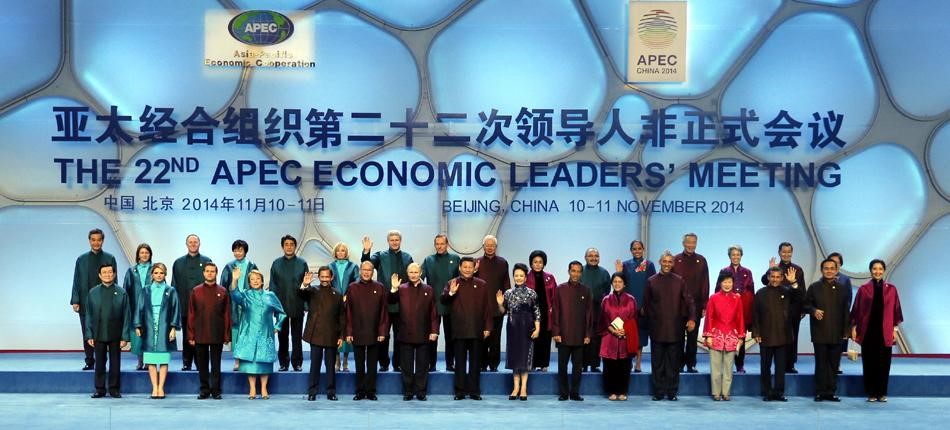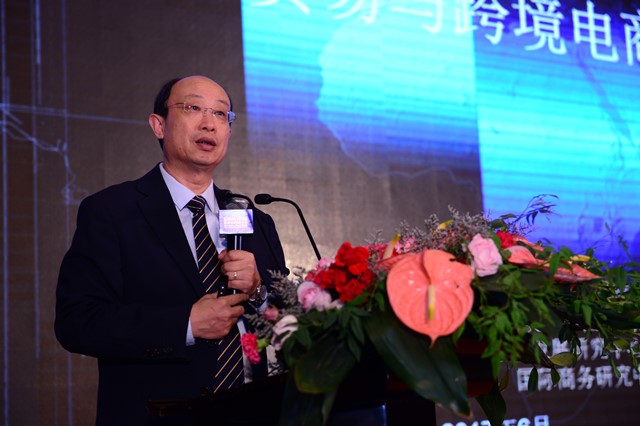APEC cross border E-commerce innovation and development research center is a research organization led by the Ministry of Commerce of China, with the theoretical guidance of Professor Wang Jian and his research team from the University of international business and economics, and supported by APEC economies. The center is committed to studying the development and trend of E-commerce in the field of foreign trade, and actively participates in various meetings and activities of the APEC E-commerce group.
It is necessary for APEC to establish cross-border E-commerce center. In recent years, the rapid development of China's E-commerce, especially some cross-border E-commerce website platforms, such as Alibaba, dunhuang.com, dalong.com and now Tiktok and Temu, have brought new challenges and opportunities to China's foreign trade reform and transformation. Since 2013, China's foreign trade field has formed a new foreign trade single window mode of comprehensive foreign trade service enterprises. The emergence of this mode is market driven, which has brought unprecedented convenience to small and medium-sized enterprises in the field of foreign trade to participate in the international market.
The rapid development of China's cross-border E-commerce has gradually caused domestic experts to discuss the reform of foreign trade system and foreign trade supervision mode. At the same time, international dialogue and international coordination have become necessary. The 2012 APEC meeting was held in Malaysia. Led by the Chinese government, APEC economies participated in the negotiation of free trade agreements to discuss the promotion of cross-border E-commerce negotiations. Cross border E-commerce has increasingly become one of the main topics of bilateral or multilateral concern in Global trade negotiations. E-commerce has gradually set up separate chapters in various international agreements and cooperation agreements.
In order to study the cross-border E-commerce development in China and the challenges faced by international and domestic issues, Professor Wang Jian, under the leadership of the Department of E-commerce and information technology of the Ministry of Commerce of China, actively organized various preparatory work and put forward the APEC cross-border E-commerce innovation and development initiative in the first senior officials' meeting (Ningbo meeting) of 2014 APEC China annual meeting. At the same time, it proposed the proposal to set up the "APEC Research Center for cross border E-commerce innovation and development" in the University of international business and economics, which received positive responses from various economies.
On November 11, 2014, the 22nd informal meeting of APEC leaders was held in Beijing. The meeting issued the Beijing agenda: building an integrated, innovative and interconnected Asia Pacific Economic Cooperation leaders' declaration. The declaration adopted the APEC cross border E-commerce innovation and development initiative, and encouraged all economies to establish an "APEC cross-border E-commerce innovation and Development Research Center".
On November 16, 2014, the APEC cross border E-commerce innovation and Development Research Center was established in Beijing, with Professor Wang Jian of the University of international business and economics as its director.
In 2021, Shenzhen Yanhuang Cornerstone Technology Industry Research Institute and APEC cross border E-commerce innovation and Development Research Center jointly established the APEC-CBEC-GBA (APEC cross-border E-commerce innovation and Development Research Center, Great Bay Area Sub-center).



